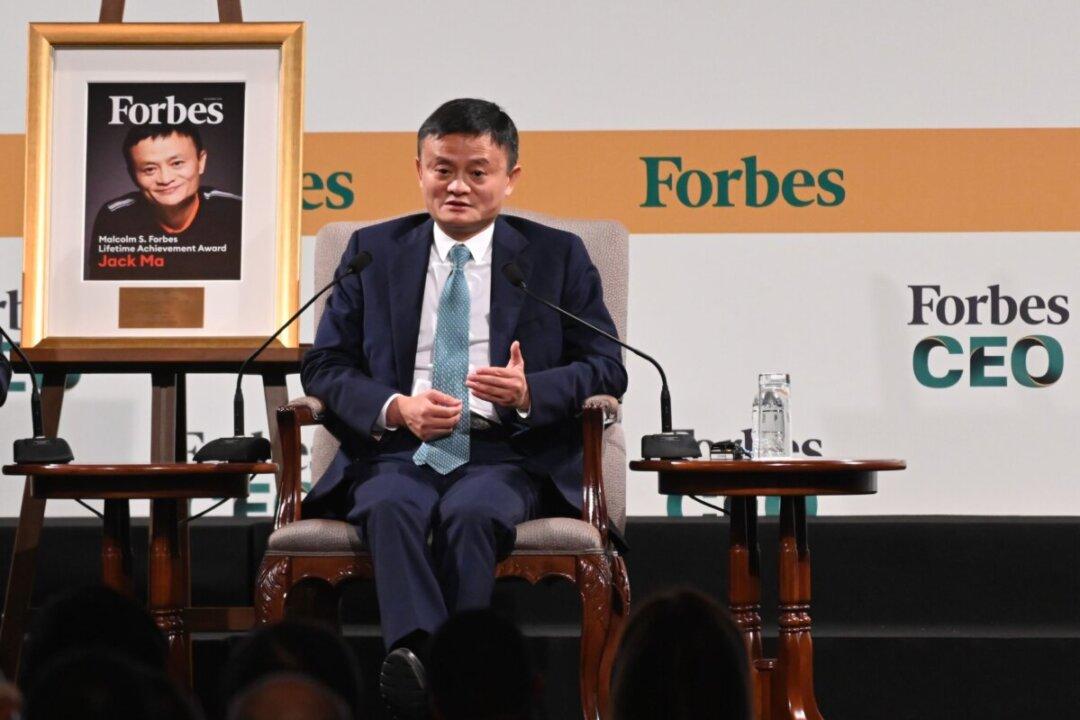Alibaba founder Jack Ma (Ma Yun), one of China’s richest men, has halted plans for a huge stock sell-off after the company’s stock slid dramatically, according to a memo posted internally at the tech company on Nov. 22.
Nonetheless, analysts say the planned stock sell-off sent a message that Mr. Ma, like the rest of China’s private sector, is feeling the pain of a slumping economy.





